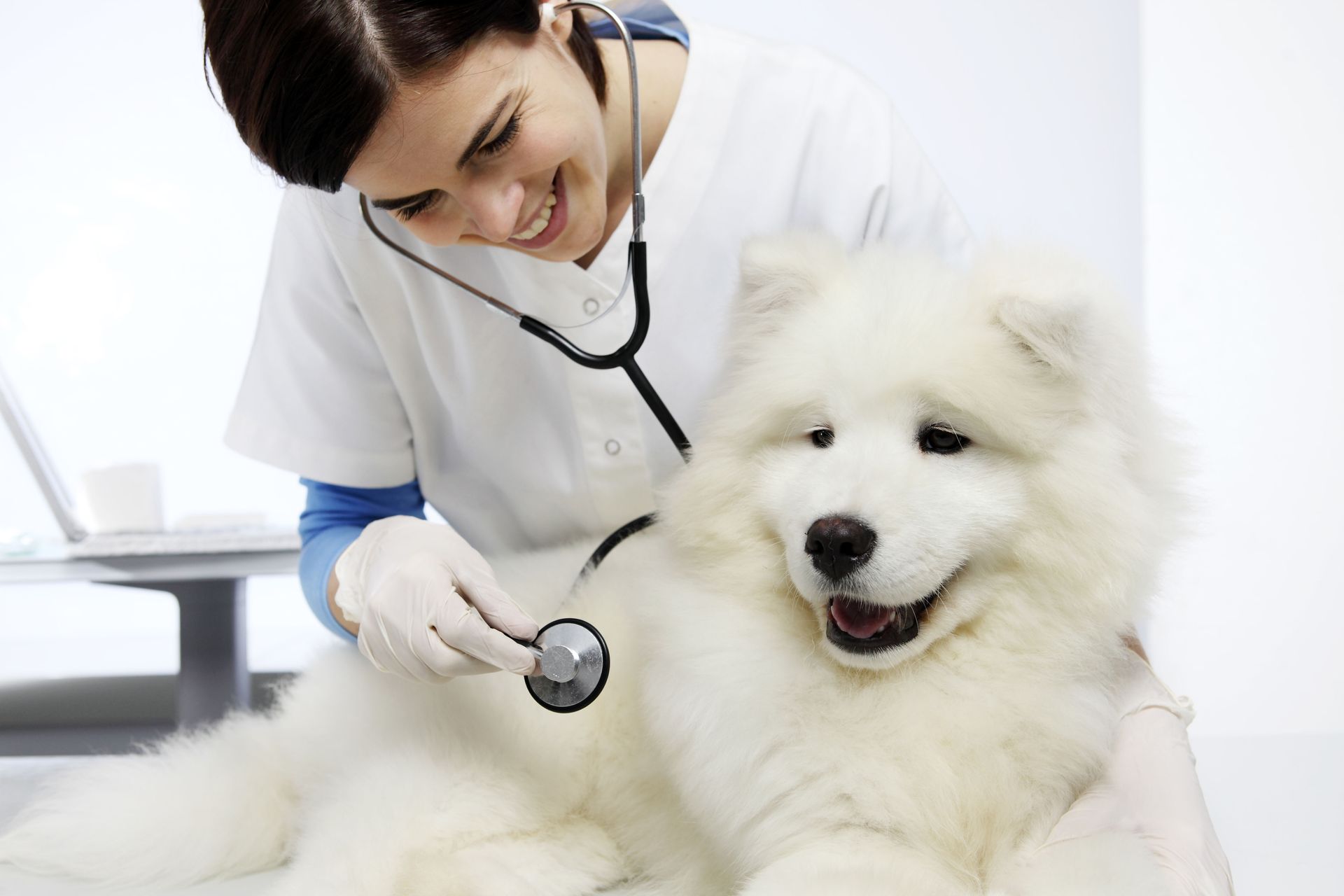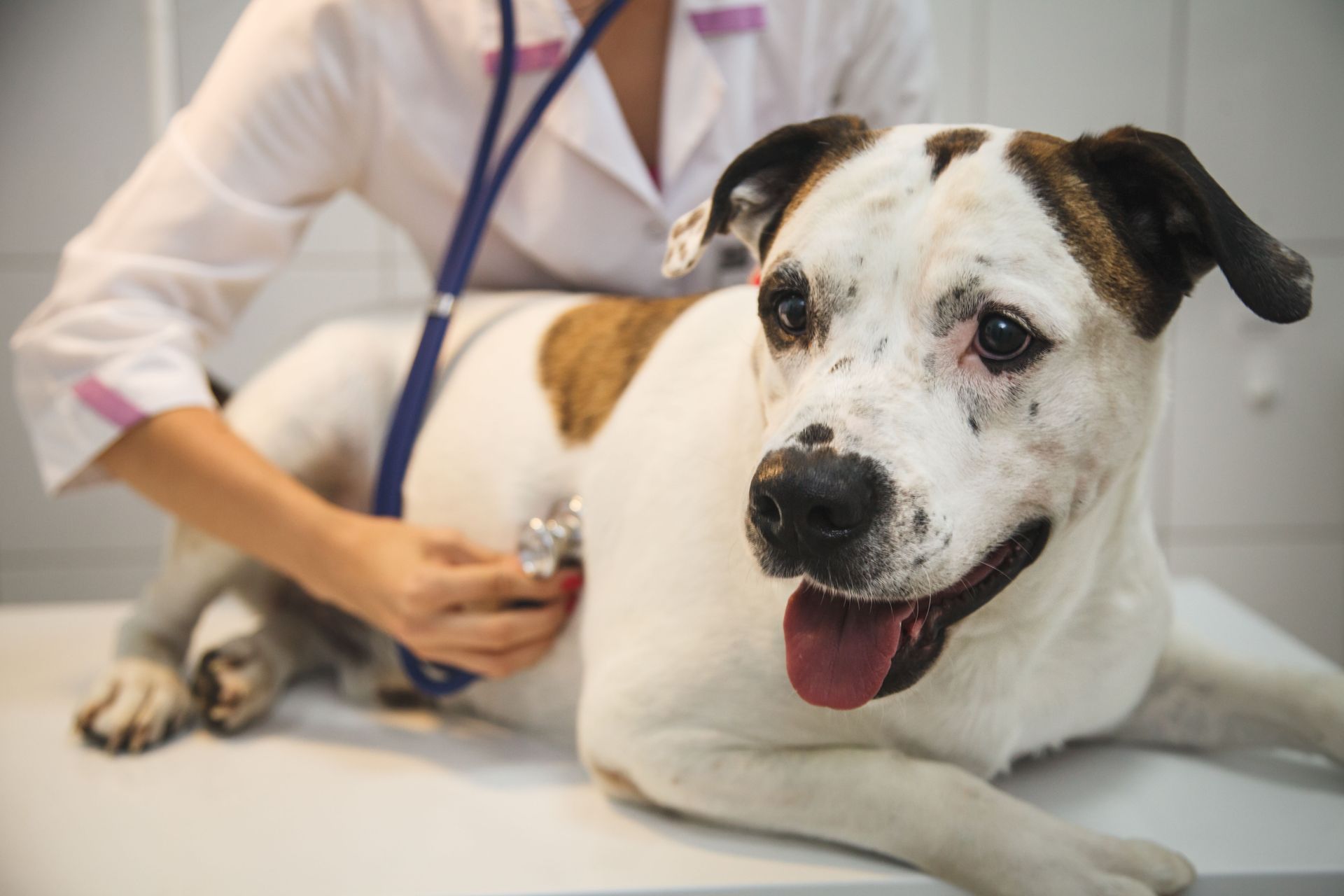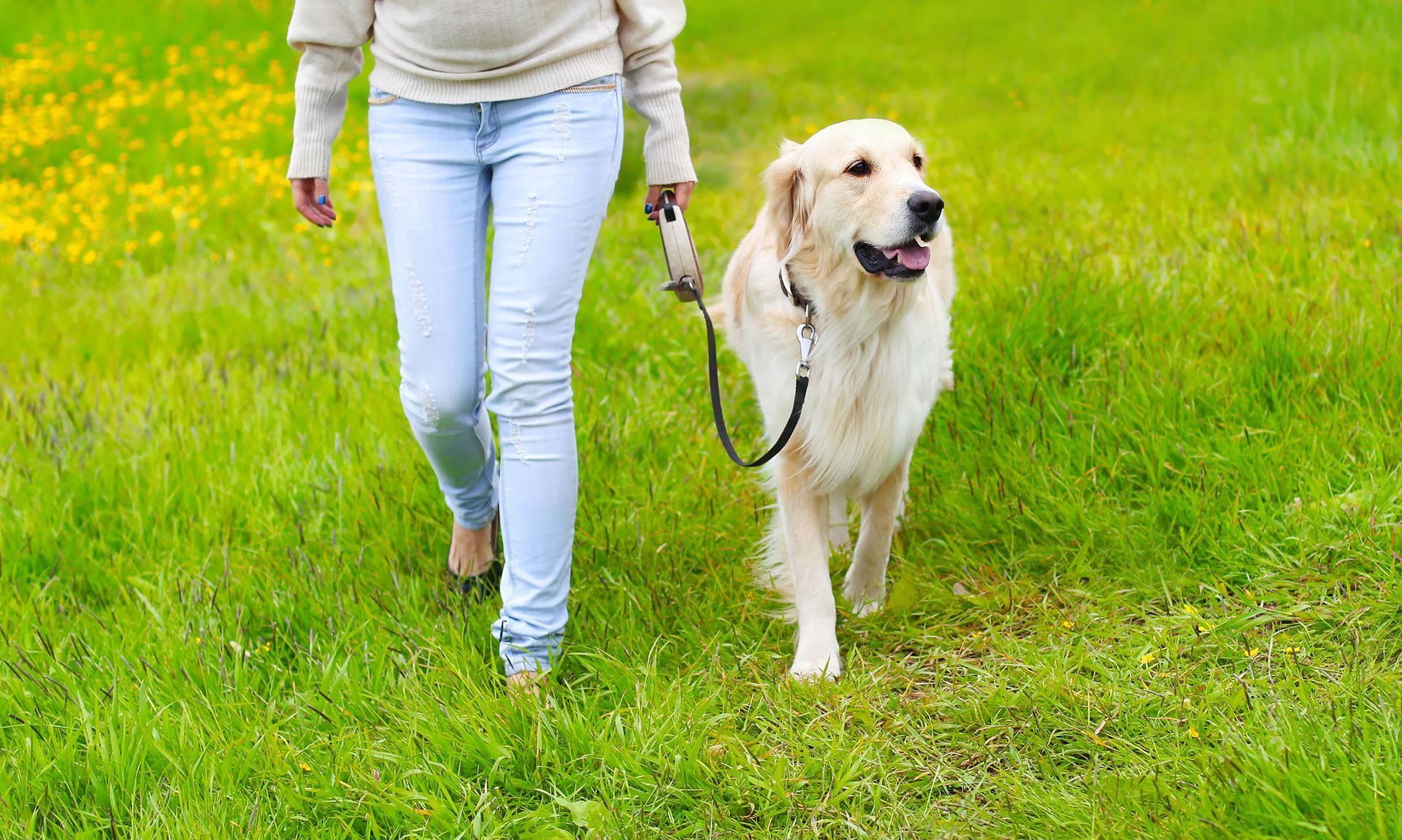5 Signs Your Dog Could Benefit From Pet Physical Therapy
Your dog is part of the family, so you don't want to see your fur baby in pain. Regardless of how active dogs are, they can experience similar physical problems that humans do. From whimpering to avoiding previously loved activities, your canine's behavior will let you know it's time to consider pet physical therapy.
1. They Hesitate to Use Stairs
Climbing up and down the stairs can put pressure on the knees and feet. So, when your dog begins to become reluctant to use stairs that they used to sprint on, it could be due to age or arthritis pain. Dogs also have force applied to their back whenever they use the stairs. When your dog has a back issue, they may begin to associate the stairs with pain and avoid them. According to PetMD, orthopedic problems can cause dogs to have problems ascending stairs, while elbow and shoulder pain may be the cause of why they can't go down without help.
2. They Struggle to Take Walks
Many dog parents wake up in the morning only to be greeted with an eager pup ready to go out. Sometimes they'll even have the leash in their mouth. However, over time, you may notice that your dog can only walk a shorter distance than normal. If your dog has taken on excessive weight, it may be harder for them to walk or run the way they used to. Your dog must have some form of exercise to stay healthy, regardless of its age. Pet physical therapy can help them regain the ability to take longer walks and stay healthy.
A more clear sign of a problem is if they hesitate to take even a short walk. The average dog usually wants to walk or run. They even enjoy running inside the house. If your pet seems to hesitate whenever you whip out the leash, they may be sick or experiencing ligament pain that a pet therapist should look at.
3. They Take Shorter Steps
Have the long and powerful strides of your dog been replaced with noticeably shorter steps? Unfortunately, your dog may be experiencing hip dysplasia. It's a common issue for larger breeds such as Saint Bernards, German shepherds, Labrador retrievers, and rottweilers. A common sign of this problem is if your pet hops like a bunny or holds its rear legs further and further under its belly when moving. Your dog may temporarily move in this manner due to exhaustion. However, if this behavior continues, it's a sign you need to enlist the services of pet physical therapy.
4. Their Head Is Hanging Lower Than Usual
It's natural to see your dog hanging its head lower during normal behaviors such as sniffing around for something on a sidewalk. However, a constantly lowered head not associated with sniffing can signal a physical problem. As mentioned, your pup can experience arthritis in ligaments and joints. When more joint pain and stiffness set in, it can be harder for your pup to hold its head up while walking. If you notice your dog in this constant position on your walks, it's time to seek professional help and enroll them in pet physical therapy.
5. They're Whimpering a Lot
While dogs can naturally slow down as they age, a surefire sign of pain or trauma is random whimpering. Sure, your dog may whine a little if you have a tasty treat they're begging for. However, if you notice your dog crying randomly, even if they're lying or sitting down, that usually tells you something is wrong with them. Don't be surprised if you hear your dog whimpering in its sleep due to discomfort from arthritis or ligament pain they may experience from growing older.
About 280,277 dogs and 292,704 cats got new homes through adoption in 2021, according to Pet Keen. Those pets may have already had physical problems due to age, accidents, or abuse. If you've adopted such a beloved animal, don't hesitate to seek pet physical therapy services to help them. Pets are a part of the family, and much like your children, they require a lot of love and care. So if you suspect they have pain, be a responsible and loving dog parent and get them help as soon as possible. For a caring pet therapist, contact Perrysburg Animal Hospital today for an appointment.

















Share On: